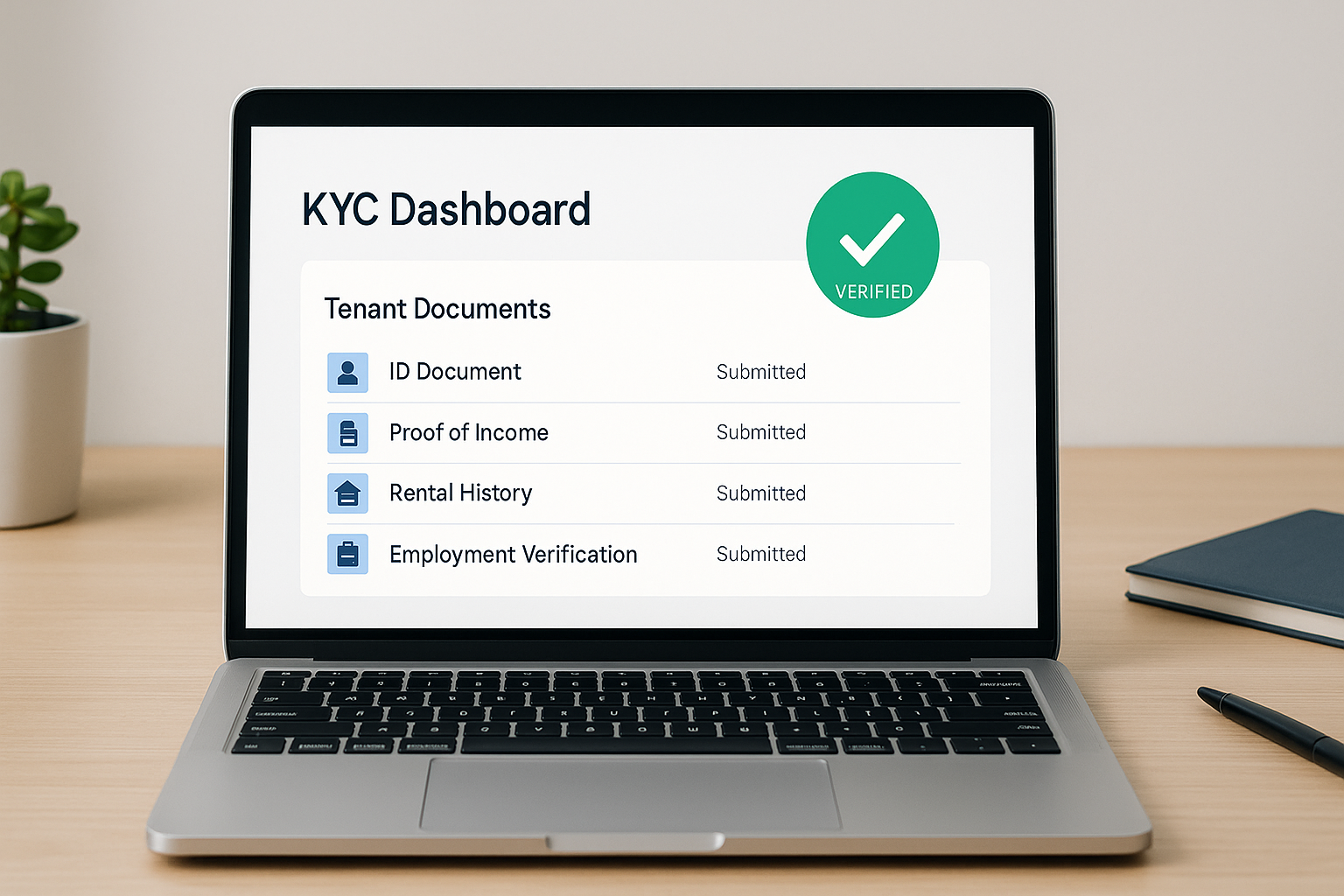
Navigating the Future of Legal Analysis: Embracing AI in Document Review and Due Diligence

Legal professionals stand at the precipice of this change, looking out at a landscape shaped by artificial intelligence (AI) and machine learning. As lawyers, paralegals, and legal analysts, understanding the impact of AI on legal document review, due diligence, and contract analysis isn't just beneficial—it's essential for maintaining a competitive edge.
The AI Revolution in Legal Document Review
For decades, legal document review has been a staple of the legal profession, demanding countless hours of meticulous work from skilled lawyers. Today, AI document review is transforming the game, offering unprecedented efficiency and accuracy. By leveraging AI algorithms, legal teams can sift through massive volumes of documents at speeds no human can match, pinpointing relevant information with laser precision. This evolution in document analysis is not only driving down costs but also freeing legal professionals to focus on strategic aspects of their cases.
Legal Due Diligence Meets Machine Intelligence
Legal due diligence is a critical phase in transactions, mergers, and acquisitions, where the risks and opportunities are carefully weighed. The integration of AI due diligence tools is redefining this process, enabling a more comprehensive and quicker assessment of the pertinent legal details. AI systems can effortlessly scan through contracts, agreements, and other legal documents, identifying potential liabilities and ensuring compliance with industry regulations. Embracing AI for due diligence tasks ensures a thorough examination while drastically cutting down on the resources expended.
Contract Analysis: The Cutting-Edge Advantage
In the treacherous waters of corporate and commercial law, contract analysis is akin to the compass that guides ships safely to shore. The advent of artificial intelligence contract review is that evolved compass, providing a detailed analysis of contract clauses, terms, and obligations at a moment's notice. Legal contract review, when augmented by AI, becomes a tool not just for risk assessment but also for strategic planning, helping businesses navigate through complex legal commitments with confidence.
AI-Powered Solutions for Legal Contract Review
The leap from manual to AI-enhanced legal contract review is not just a step—it's a strategic leap. Artificial intelligence systems trained in legal semantics can now offer in-depth reviews of legal contracts beyond basic keyword matching, predicting potential conflicts and ensuring alignment with laws and business goals. This intelligent scrutiny ensures that every contract aligns perfectly with the client's interests, safeguarding them against future disputes and legal hurdles.
As legal professionals, staying at the forefront of innovation means embracing the AI-driven transformation sweeping through document review, due diligence, and contract analysis. The integration of AI into these core legal processes is not about replacing the lawyer's expertise but enhancing it, ensuring that every legal strategy is backed by the most thorough and accurate information available. It is time to adapt and adopt; the future of legal analysis is here, and it is compelling, efficient, and intelligently automated.
Investing in AI technology for legal tasks is not just a savvy business move; it’s a necessity in today’s data-driven world. Lawyers who leverage artificial intelligence are setting a new standard in the legal industry, ensuring that they, and their clients, are fully prepared for the complexities of the modern legal landscape. It's clear that AI’s role in the legal sphere is not a fleeting trend but a cornerstone of the new age of legal practice. The question for legal professionals now is not if they should adopt AI solutions, but rather how quickly they can integrate these advanced tools into their daily practice to remain competitive and effective in this new era.
Unstructured data can easily be indexed, sorted, filtered, and analyzed by Discrepancy AI
Start for Free










.png)

.png)

.png)
.png)

.png)

.png)
.png)


.png)

.png)
.png)
.png)
.png)




